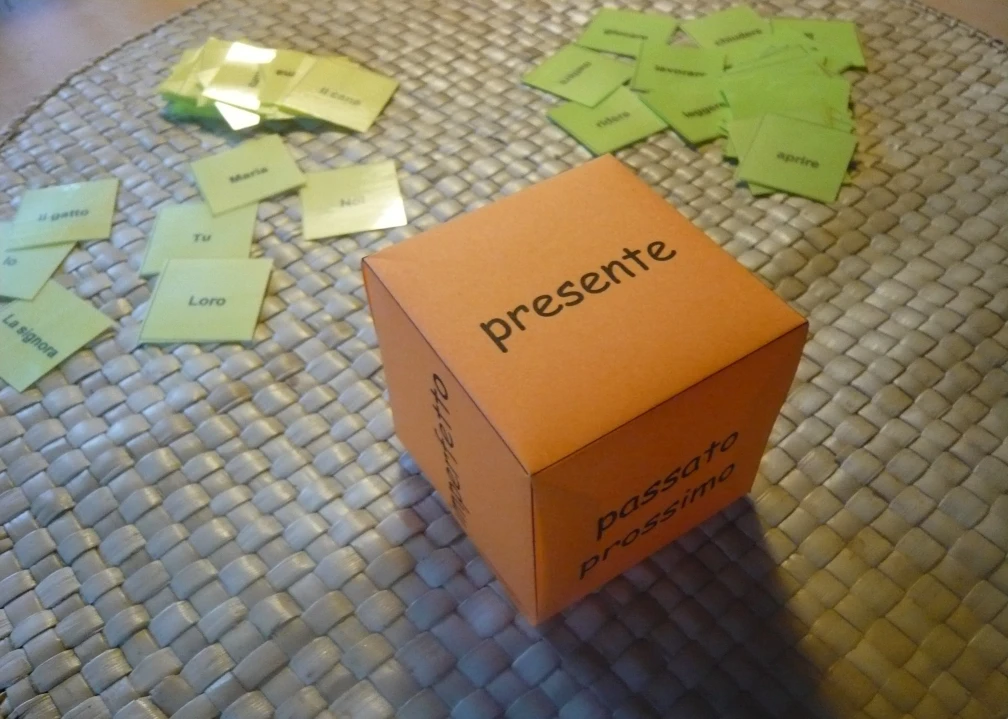In the past, we have already talked about the differences between the two main simple pasts in Italian: imperfetto and passato prossimo. We have already seen how imperfetto simply changes endings while passato prossimo is made up of the auxiliary, essere or avere plus the past participle. We have also talked about when to use one auxiliary and the other, because that too is not an easy topic. We have also learned that imperfetto is used when describing the background actions and passato prossimo for the actual “story” we want to tell. What we didn’t see, though, is that some verbs have completely different nuances in the imperfetto and passato prossimo, especially when speaking in a casual conversation, and imply something that can completely change your conversation! So watch out and read on!
Let’s begin by saying that category most at risk are modals, so verbs like can, want, must or potere, volere, dovere in Italian. I said that those verbs imply something different in the imperfetto and in the passato prossimo, but how? Let’s take potere to begin with. The first step, of course, is knowning how to conjugate the verb. In the imperfetto, it becomes io potevo while in the passato prossimo it becomes ho potuto. Now, in English they both translate with “I could.” Let’s put them in a sentence and explain the different meanings. Potevo leggere tutto il libro and ho potuto leggete tutto il libro. Let’s take those two sentences: “I could read the whole book.” In the first sentence, the imperfetto implies that you were able to read the whole book, but you didn’t. In fact, this type of imperfetto sentence is often followed by a ma – “but.” In the latter, the passato prossimo implies that, no matter what or despite what you initially thought, you were indeed able to read the whole book. Don’t forget that we are talking about casual conversations! In fact, the better and more clear form of the first sentence would be a conditional, in this case just like in English. I could have easily said avrei potuto leggere il libro – I could have read the book – and conveyed the same meaning, and actually, it is the preferred form when writing. But this doesn’t mean that people use it all the time when speaking! Written Italian and spoken Italian are very different at times!
Both volere and dovere pretty much work the same way as potere here. Volevo andare al mare and ho voluto andare al mare both translate to “I wanted to go the sea,” but what the first really means is “I wanted to go to the sea, but I didn’t” and the latter “I wanted to go to the sea” probably instead of going or doing something else. Dovevo lavare i piatti and ho dovuto lavare I piatti both translate to “I had to wash the dishes” but the first implies that you had to but didn’t while the latter that you were “forced” to do them.
Another verb that interestingly slightly has a different meaning when conjugated at one tense or the other is sapere – know (well, I should write a paragraph only to specify which type of know, but we have already talked about it at another time). Anyway, let’s take a look in which way sapere changes from imperfetto to passato prossimo. Sapevo la verità is very different from ho saputo la verità because sapevo simply means that “you knew the truth” while ho saputo means that “you found out the truth” and these, my dear, makes a big difference in an argument. Ho saputo can be used for “I’ve heard that” but generally speaking you have a 50/50 chance to make your listener go “uh-oh.”
I know the difference between imperfetto and passato prossimo is not an easy one for most English speakers and the different implications are not good news but at least know you are an expert on it and you will know exactly what to say to convey what you really mean. But now let me ask you one thing: Did you know the difference? I’ll let you decide the tense of this one.



